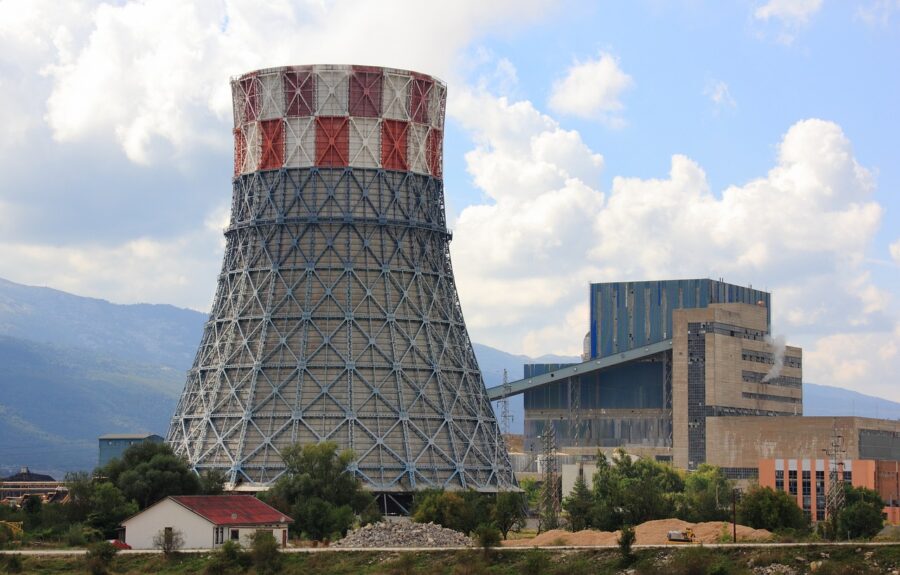Damir Arsenijević, in his lecture “Colonialism through Waste and Activist Practices of Resistance in Bosnia and Herzegovina,” highlighted that one constant can be observed in various dimensions of society in Bosnia and Herzegovina today: the continuation of the logic of war. This is evident in the inaccessibility of territory due to the presence of landmines, the treatment of natural resources as war booty, and the hiding and burying of industrial toxic waste in unknown locations during the destruction of factories in privatizations.
The main thesis of his lecture was that the key concept for understanding the deindustrialization of Bosnia and Herzegovina and the production of new subjectivities in this process is the practice of waste production.
Bosnia and Herzegovina is poisoned politically, economically, and environmentally. Constant political instability, increasing poverty, intensified by pressures for the privatization of natural resources, and increasingly frequent ecological accidents testify to a toxic model of governance, Arsenijević pointed out.
This is not only about the production of people as waste, but also about the diminution, devaluation, and ultimately destruction of social ties through the production and circulation of toxic narratives of hopelessness and despair.


